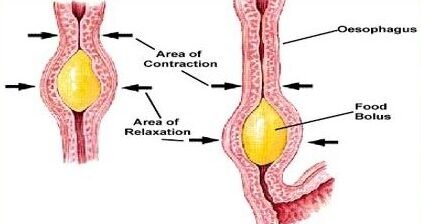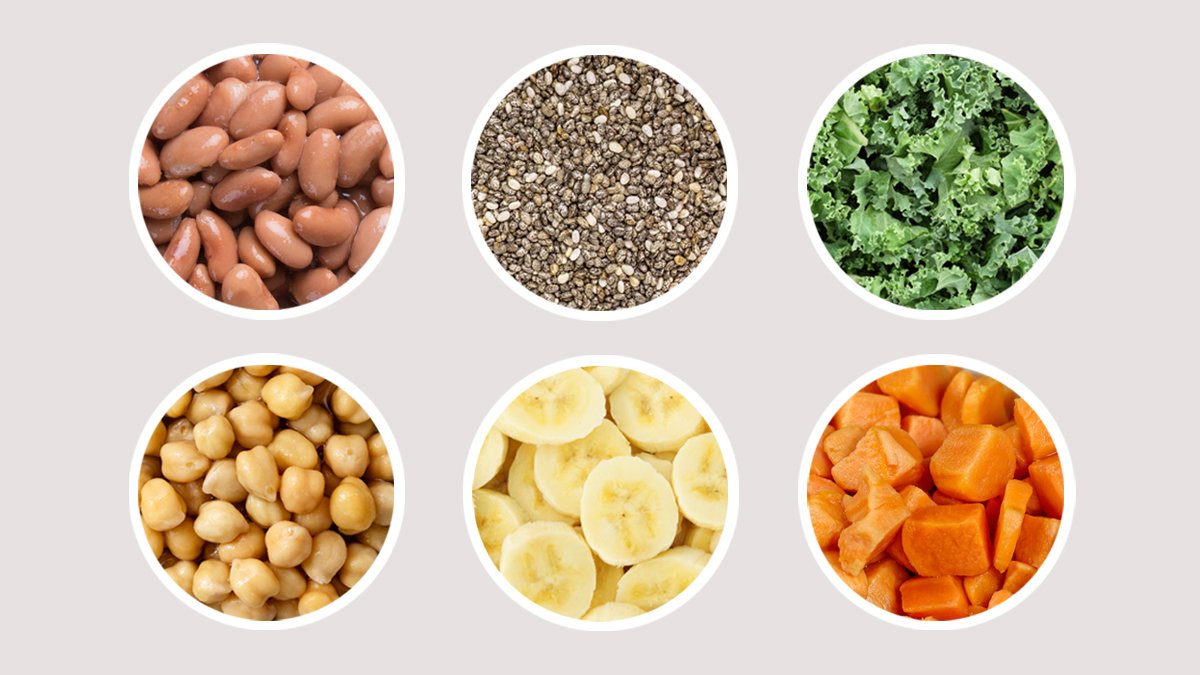Discover simple and effective ways to improve digestion naturally at home. Learn about foods, habits, and lifestyle changes that support better gut health without medication.
Have you ever heard of Okinawa, a city in Japan known for having some of the healthiest and longest-living people in the world?
A quick search will show you that Okinawa is home to a remarkably high number of centenarians—people who live beyond 100 years. What’s truly amazing is that even at such an advanced age, many Okinawans remain active, disease-free, and capable of doing things that even younger people often struggle with.
This remarkable health and vitality caught global attention and led to the creation of the bestselling book “Ikigai”, which explores the Okinawan way of life and the principles that help them live long, meaningful, and healthy lives.
What’s the Secret?
The book Ikigai highlights several core aspects of Okinawan life—like their purpose-driven lifestyle, physical activity, strong social connections, and most importantly, their diet.
In this article, we’ll focus on one of the most impactful secrets from their lifestyle:
What and how the people of Okinawa eat.
The Okinawan Diet: What They Eat and Why It Matters
Before we dive into their food habits, it’s essential to understand how our own digestive system works—because good digestion is the foundation of good health.
Understanding the Digestion Process
Contrary to what many think, digestion doesn’t begin in the stomach—it starts in the mouth.
When you take a bite and begin to chew, your saliva releases enzymes that start breaking down starches (found in foods like potatoes, fruits, and grains). This early digestion softens and partially breaks down your food before it even reaches the stomach.
In the Stomach
Once the food reaches your stomach, three important substances are released:
-
Hydrochloric Acid (HCl) – helps break down and liquefy food
-
Pepsin – an enzyme that digests proteins
-
Mucus – protects your stomach lining from being harmed by acid
The stomach then begins a process called churning—a rhythmic mixing of food with digestive enzymes. This helps turn the food into a semi-liquid form, preparing it for the next stage.
In the Small Intestine
The partially digested food then enters the small intestine, where it mixes with:
-
Bile juice (from the liver)
-
Pancreatic juice (from the pancreas)
-
Intestinal juice (from the intestines themselves)
These help complete digestion and allow nutrients—like fats, proteins, and carbohydrates—to be absorbed into the bloodstream.

The peristaltic movement, a wave-like muscular contraction, pushes the food forward through the intestine, helping with nutrient absorption and waste elimination.
Whatever’s left—mainly waste—moves into the large intestine and is eventually expelled from the body.
How Can You Improve Your Digestion
These are the steps to follow for smoother digestion.
1. Chew Your Food Thoroughly

Digestion begins in the mouth. The people of Okinawa eat slowly and chew their food thoroughly—sometimes spending nearly an hour on their meals.
According to Ayurveda, you should chew each bite around 32 times. This gives enzymes in your saliva time to start digesting starches and reduces strain on your stomach.
2. Never Eat Until You’re Completely Full
Okinawans follow the principle of “Hara Hachi Bu”, which means stop eating when you’re 80% full. This leaves enough room for your stomach to churn and mix food properly with acids and enzymes.
Overeating crowds the stomach, reduces digestive efficiency, and can lead to problems like gas, acidity, and bloating.
3. Avoid Drinking Water Right After Meals
Drinking water immediately after eating dilutes stomach acid, which slows down digestion. Okinawans avoid this, and Ayurvedic wisdom agrees—suggesting you wait at least 30–45 minutes after meals to drink water.

4. Stay Physically Active
There’s no word for “retirement” in Okinawa. People remain active through gardening, walking, or doing light physical work—even into their 90s.
This daily movement supports peristaltic motion in the intestines, which keeps digestion smooth and helps prevent constipation and sluggishness.

5. Eat More Fiber-Rich Whole Foods
Okinawans eat plenty of whole vegetables, fruits, grains, and legumes—all rich in fiber. Unlike juicing, which removes fiber, they consume foods in their natural form to promote better digestion and gut health.

Fiber helps regulate bowel movements, keeps you fuller for longer, and supports a healthy microbiome.
Final Thoughts
The Okinawan people don’t follow fad diets or trendy fitness routines. Their health is rooted in simple, consistent habits practiced over a lifetime.
If you want to improve your digestion, stay energetic, and live a healthier life well into old age, you can start by adopting just a few of these principles.
Even if we don’t live to 100, we can live with more vitality and fewer health issues by choosing better daily habits—just like the people of Okinawa.
As the saying goes:
“Life doesn’t have to be long, but it should be full of life.”